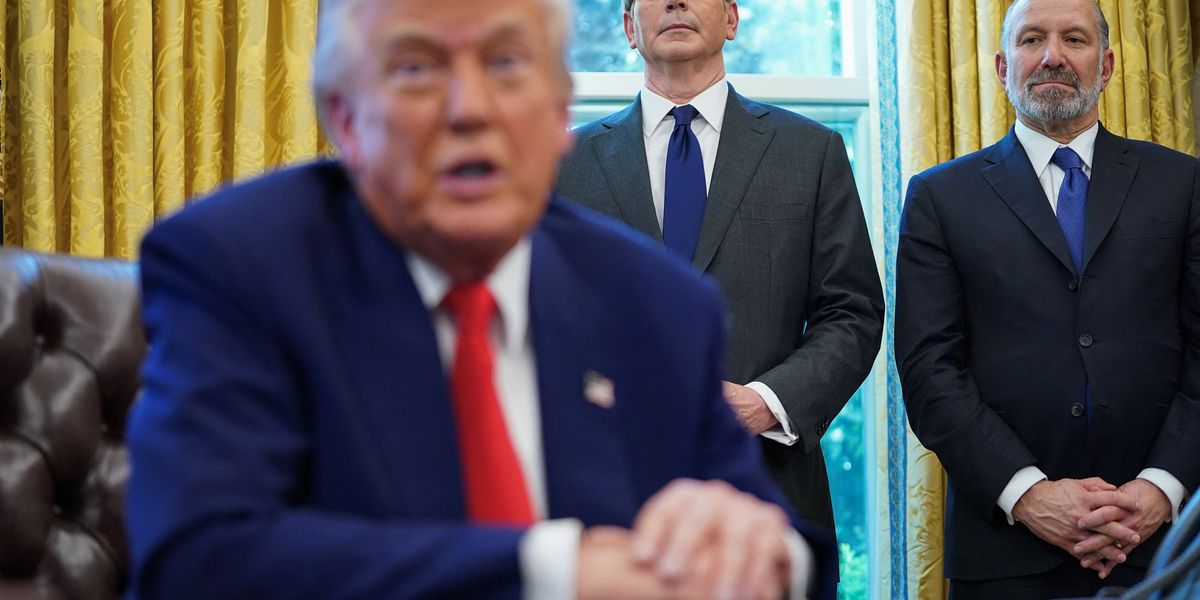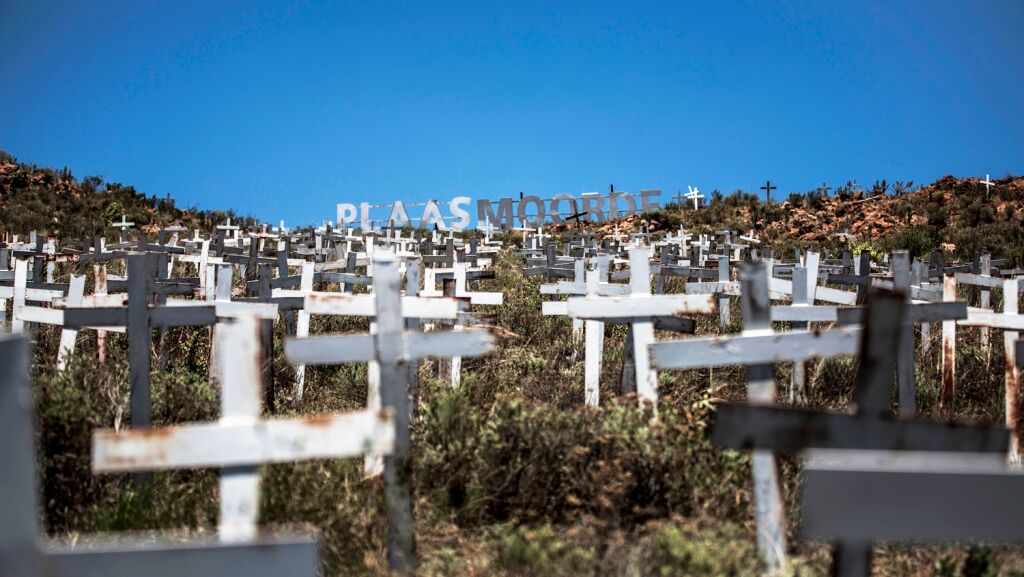Nothing possibly going wrong here at all.
https://www.nytimes.com/live/2025/0...7804&user_id=8d7d6aec56e938bb0d8c632c51238996
Trump Administration Live Updates: White South Africans Given Refugee Status Arrive in the U.S.
The first plane carrying white South Africans who received refugee status from the Trump administration landed at Washington Dulles International Airport on Monday morning, according to a flight tracking website.
The arrival marks a drastic reversal in the United States’ refugee policies, which have long focused on helping people fleeing war, famine and genocide. President Trump essentially halted all refugee admissions programs on his first day in office before creating a pathway for Afrikaners, a white ethnic minority that ruled during apartheid in South Africa, to resettle in the United States.
The group that arrived Monday on a U.S.-funded Omni Air International charter flight say they have been discriminated against, denied job opportunities and have been subject to violence because of their race. Forty-nine Afrikaners boarded the flight on Sunday, according to a spokesman for South Africa’s airport authority, after more than 8,000 people expressed interest in the program. There are scant details available about the individuals who arrived in the United States.
The South Africans who reached the United States on Monday had received expedited processing by the Trump administration — waiting no more than three months. Refugee resettlement before the first Trump administration took an average of 18 to 24 months, according to the American Immigration Council, an advocacy group for immigrants.
Mr. Trump said on Monday that the United States was extending citizenship to these individuals, who he said were victims of a genocide.
“Farmers are being killed,” he told reporters. “They happen to be white. Whether they are white or Black makes no difference to me. White farmers are being brutally killed and the land is being confiscated in South Africa.”
Police data does not support the narrative of mass murder. From April 2020 to March 2024, 225 people were killed on farms in South Africa, according to the police. But most of the victims — 101 — were current or former workers living on farms, who are mostly Black. Fifty-three of the victims were farmers, who are usually white.
The refugee program has exacerbated tensions between the United States and South Africa, whose government has rejected the Trump administration’s claim that the Afrikaners are eligible for refugee status.
“It is most regrettable that it appears that the resettlement of South Africans to the United States under the guise of being ‘refugees’ is entirely politically motivated and designed to question South Africa’s constitutional democracy,” Chrispin Phiri, a spokesman for South Africa’s foreign ministry, said in a statement.
Stephen Miller, the White House deputy chief of staff who has overseen the administration’s immigration policy, said the situation in South Africa “fits the textbook definition of why the refugee program was created.”
“This is persecution based on a protected characteristic — in this case, race,” he said, “This is race-based persecution.”
In February, Mr. Trump
signed an executive over suspending all foreign assistance to South Africa and announced his administration would work to resettle “Afrikaner refugees” because of the South African government’s actions that “racially disfavored landowners.”
Mr. Trump was referring to a law, known as the
Expropriation Act, which allows the government in some cases to acquire privately held land in the public interest without paying compensation. But that step can be done only after a justification process subject to judicial review.
Ronald Lamola, South Africa’s foreign minister, has likened the law to eminent domain in the United States. Analysts say the law has many checks and balances to prevent abuse. The most likely application, analysts say, will be to take land that is not in use.
The Trump administration has also criticized the South African government for its condemnation of Israel over the war in Gaza and its close relationship with Iran. South Africa has brought a genocide case against Israel at the International Court of Justice.

www.rawstory.com


